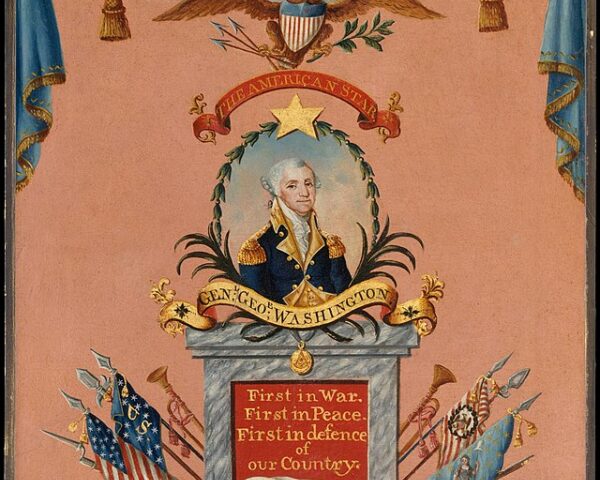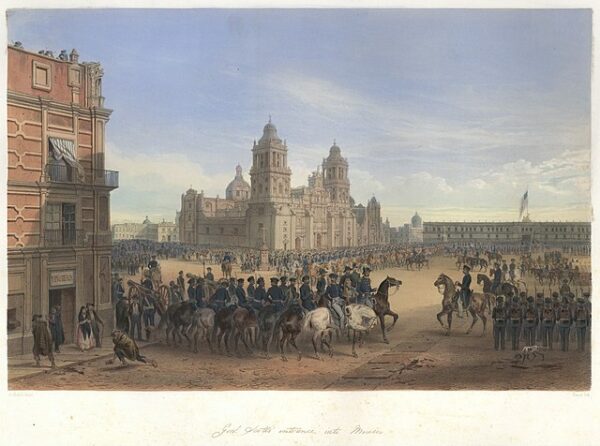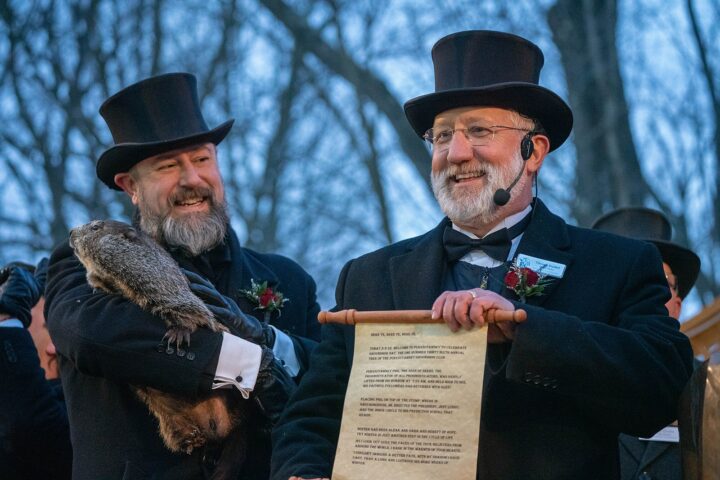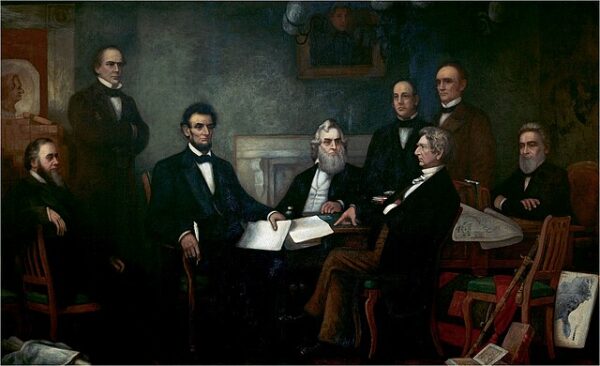On February 5, 1958, the United States Air Force lost a hydrogen bomb, sparking a mystery that has puzzled military officials and historians for decades. Known as “The Tybee Bomb,” the weapon gained notoriety due to an incident that occurred on February 5, 1958,…
Read MoreOn February 4, 1846, the first groups of Mormon pioneers began their westward exodus from Nauvoo, Illinois, marking the opening stage of one of the largest organized religious migrations in American history. Their departure, carried out in the depths of winter, initiated a multi-year…
Read MoreOn February 4, 1992, Venezuela experienced an attempted coup d’état led by Lieutenant Colonel Hugo Chávez and a faction of military officers against President Carlos Andrés Pérez. Though unsuccessful, the rebellion marked a turning point in Chávez’s political trajectory, laying the foundation for his…
Read MoreOn February 4, 1789, George Washington unanimously won the Electoral College, becoming the first winner of a presidential election. Washington’s reluctance to assume the presidency further solidified his image as a leader of virtue and selflessness and, in many ways, contributed to the unanimity.…
Read MoreOn February 3, 1451, Mehmed II ascended the throne of the Ottoman Empire, inheriting a state that was powerful, ambitious, and unfinished. At just nineteen years old, Mehmed succeeded his father, Murad II, whose reign had stabilized Ottoman rule in Anatolia and the Balkans…
Read MoreOn February 3, 1637, the speculative bubble known as Tulip Mania collapsed in the Dutch Republic, marking one of history’s most infamous financial crashes. What began as a thriving market for exotic tulip bulbs spiraled into a speculative frenzy, culminating in a devastating collapse…
Read More“The Day the Music Died,” February 3, 1959, remains one of the most tragic events in music history. On that day the world lost three iconic musicians—Buddy Holly, Ritchie Valens, and J.P. “The Big Bopper” Richardson. These artists had just finished performing at the…
Read MoreOn February 2, 1848, the Treaty of Guadalupe Hidalgo was signed, officially ending the Mexican-American War. This agreement fundamentally altered the territorial boundaries of both nations, with Mexico ceding a vast portion of its northern land to the United States. While this expansion significantly…
Read MoreOn February 2, 1887, the people of Punxsutawney, Pennsylvania, decided to become America’s official winter forecasting site by celebrating Groundhog’s Day. This unique tradition centers around Punxsutawney Phil, a groundhog designated by the town’s Groundhog Club to predict the weather. Drawing from ancient European…
Read MoreOn February 1, 1865, Abraham Lincoln affixed his signature to the Thirteenth Amendment to the United States Constitution, completing the final executive step in abolishing slavery throughout the nation. The act itself—quiet, procedural, and almost anticlimactic—belied the enormity of its meaning. With a few…
Read More










